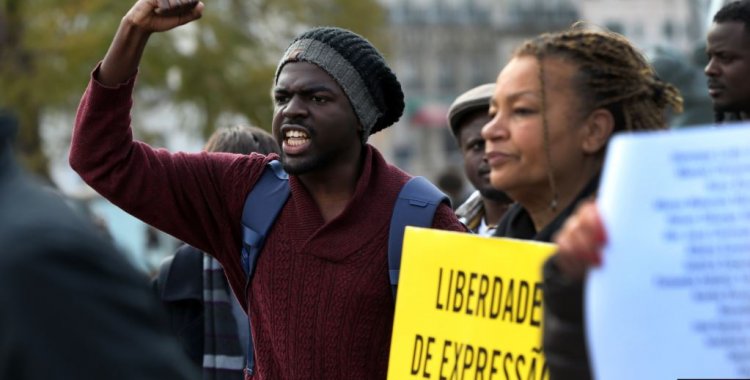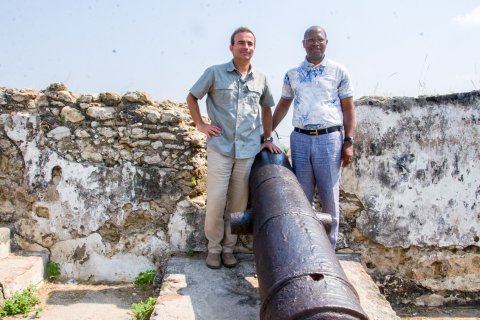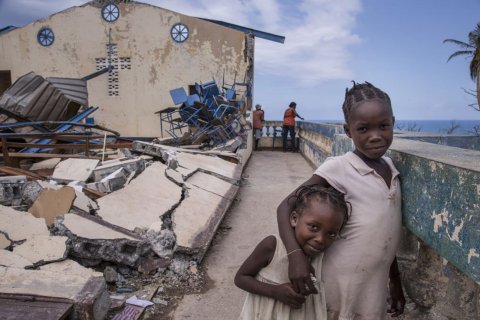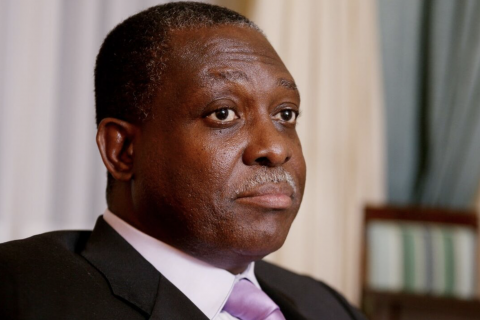Lusa heard this Monday some jurists about the discussions around this article, like Sebastião Vinte e Cinco, who considers this rule a threat to the freedom of expression and press.
"It's a clear step backwards, we have to agree that it's a step backwards in terms of rights and guarantees, more specifically for freedom of expression and the press," said the lawyer, underlining that he foresees for the coming times "many excesses of power because of this article.
For Sebastião Vinte e Cinco, in this case, the opposition and the institutions, which under the law and the Constitution have the power to request the Constitutional Court to tax the norms, "must provide this service and take the matter to court to see if it declares this norm unconstitutional.
"If not, they will be consenting to a measure that is simply retrograde to the universal context," he stressed, admitting that there must always be "rules," referring to the recent increase in the use of the President of the Republic's image on social networks in criticism of the country's socioeconomic and political situation.
However, he considers that "it is one thing to limit the freedom of expression of individuals, as individuals, and another thing, in the exercise of noble professions, such as journalism and reporting, that they have the duty to bring information to the whole world.
"If I gag a certain sector of the media I'm creating conditions to bring one type of information only, there will be a monologue and everything else that is in a different or opposite direction can be criminalized, at this level we have a very great and founded fear here," he said.
Benja Satula, director of the Law Research Center of the Catholic University of Angola, recalled that the model of the new code was designed for the era of the former President, José Eduardo dos Santos, and the current head of state is responding as the author.
According to Benja Satula, "since the people they are advising (President João Lourenço) are the same, the system is the same, he has not had time to see the repercussions".
"If the code had been approved in the era of José Eduardo dos Santos, probably they with all the mafia that had to control the communication, the people and the dissonant movements, would have stifled this, but President João Lourenço doesn't have this machine and now he's taking over and he's going to take it as if he had been the one to chancel it. He has promulgated it as if he agrees, that is the big problem, unfortunately. That's bad luck, that's what I call it," he stressed.
In turn, the former president of the Bar Association, English Pinto, stressed that the code corresponds to what is most modern, in terms of criminal doctrine, and meets the new values, given that the previous code of 1886 was outdated.
English Pinto considered that the problem is its adaptation to the concrete reality of the country, which could be the same as the 1886 code, "which had institutes that were not applied" and almost ridiculous as the crime of adultery.
"That was never applied," he stressed.
"It is the problem of the concrete reality of the country, both socio-political and economic as well as cultural. We have to pay a lot of attention to this aspect, despite the fact that it is modern, it is part of the legislation of other countries, we have another reality", he said.
As a more concrete example of his appreciation, the jurist spoke of article 333, which from a political point of view, can condition the activity of cartoonists.
"It's clear that as one protects the honor, the good name, of any citizen, the President also has this right, but we have to be aware that there are entities, from the political point of view, that can be submitted to analysis, from the literary point of view, of creativity by personality", he defended.
The former president of the Angolan Bar Association agrees that if an individual uses expressions of insult, lack of ethics and urbanism, it is legitimate to penalize him, but not when it is a caricature.
"And what happens is that people make extensive interpretation, they will make over-zealous interpretation and may jeopardize the freedom of creation," he stressed.
The new Penal Code and the Code of Criminal Procedure were published in the Diário da República on November 11 to come into force within 90 days in February of next year.







